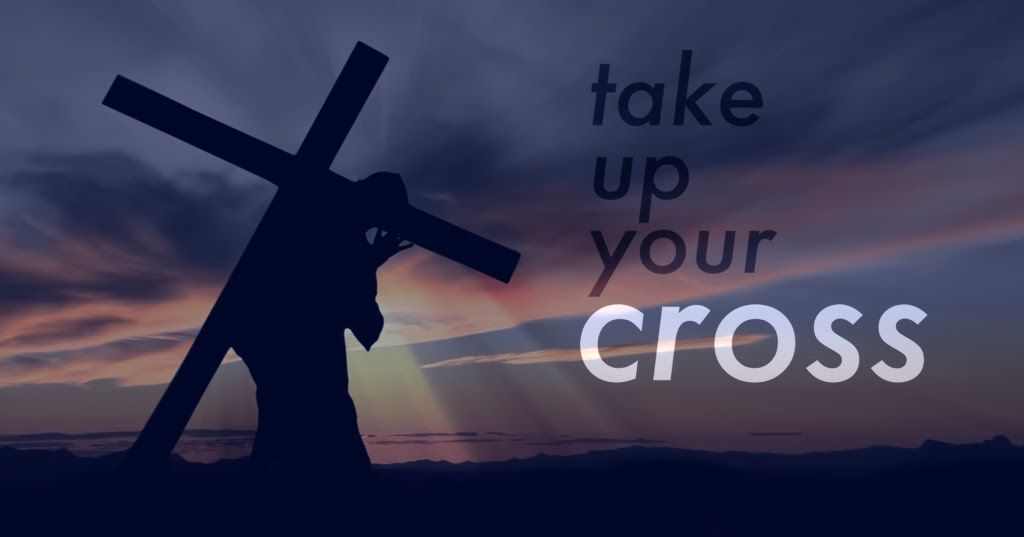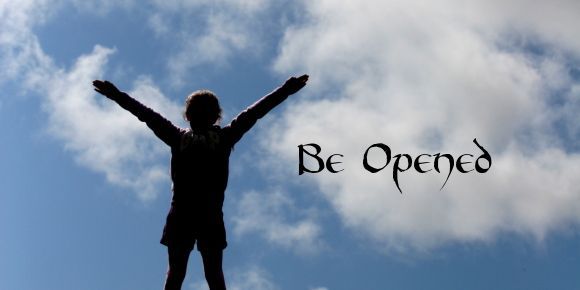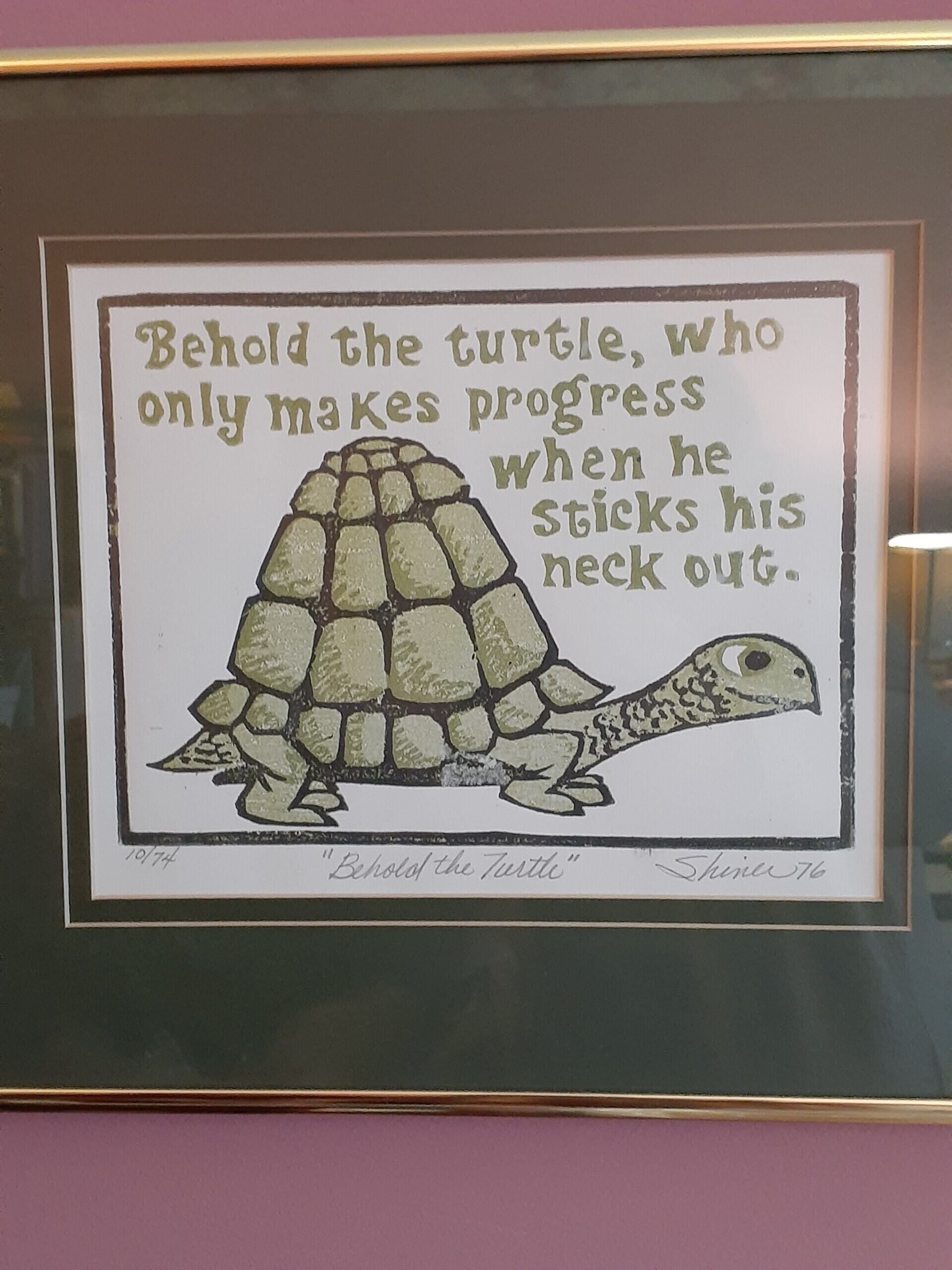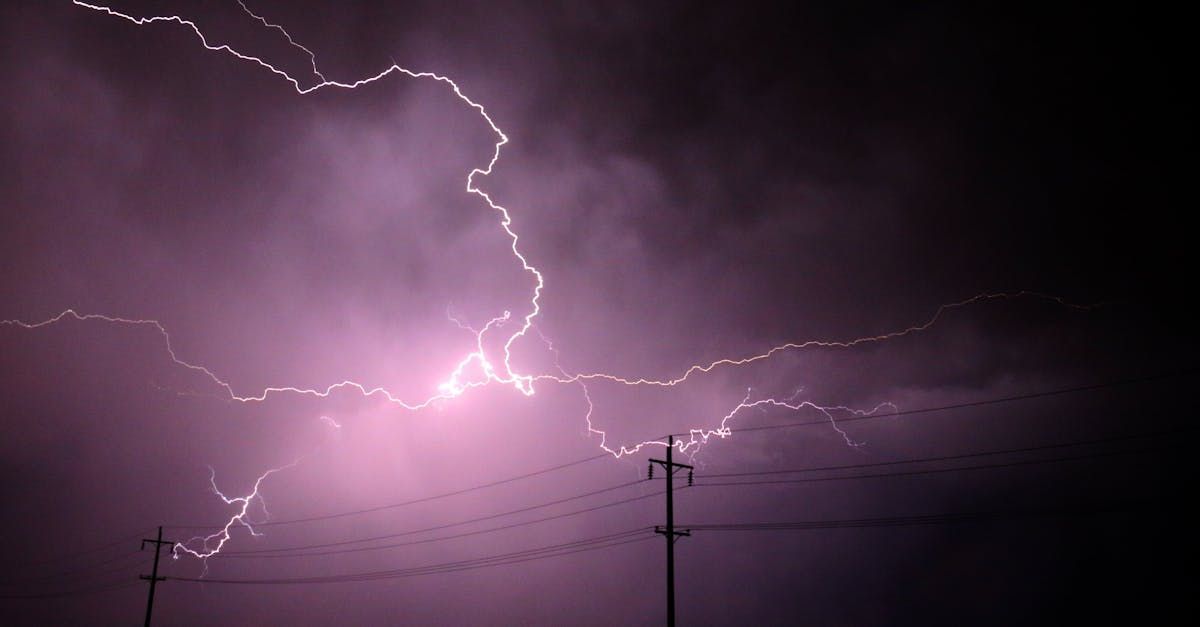A sermon about holiness - God's and ours.

Matthew 22:34-46
Leviticus 19:1-2, 15-19
October 29, 2023
Rev. Fa Lane
In the Leviticus passage, God has Moses tell the people to be holy because the Lord, their God, is Holy. The history is that the people God addresses through Moses were being led out of Egypt, out of slavery and were now identified as God’s people, separate from all the other Canaanite people on the Sinai Peninsula. God set them apart to claim them, to hold them dearly, to protect them and to expect certain behaviors of them. They were given Commandments to help them order their life together, to know how to live together righteously, differently from the other Canaanite tribes.
While the ancient formerly enslaved were walking through the wilderness, under Moses’ leadership they built a moveable tabernacle, a tent of meeting or the tent of the congregation where they would gather for worship when they stopped. In addition to this, they developed a holiness code, not only for the priestly caste but for daily practices at home to remind them of the holiness of God who made them holy too.
I was drawn to one of Walter Bruggeman’s prayers which sets a clear distinction between God and humans. God is to be praised. Yet Bruggeman also acknowledges that we are of God. As George Fox, the founder of Quakerism would say, “there is that of God in everyone.”
I liked the way it not only identified who God is, but also what God does in holiness and then says “and therefore us” as in, therefore we who are called by God must mirror God’s holiness.
Listen to part of the prayer by Walter Bruggeman.
The day demands that we begin in praise of you,
for the day is yours and we are yours;
we could not live the day without reference to you,
without your gifts,
without your commands.
We begin with praise,
for the gift of life,
for the gift of life in your world
with all your beloved creatures
for the gift of life in your church
with your steady recital of wonders.
You, you alone, only you,
You who made and makes and remakes heaven and earth,
You who executes justice and gives food we know not how,
You who sets prisoners free and sights the blind,
You who lifts up and watches and upholds,
You who reins forever,
You… and therefore us.
The prayer draws a line from a single Creator God to a created people. Bruggeman writes “and therefore ‘us’, reminding me that we are made in the image of God. If we are holy as God claims us, then we should respond to the world’s troubles as God would - executing justice, feeding the hungry, and so on. Jesus emphasized this understanding in the Matthew passage when he combined the Shema prayer and the commandment to love our neighbors as ourselves.
I asked this on my Facebook feed, what is holy? How do we hold it or be in it? Someone wrote: Moments when you breathe deeply knowing there is more and you are connected to all of life. A couple people referred to Rabbi Heschel’s comment: "Just to be is blessing. Just to live is holy." - Abraham Joshua Heschel.
Someone described it as a connection with God, others or yourself. Another identified moments in life that feel holy, such as birth or death, a rising or setting sun, a beautiful piece of music or an animal sighting in nature. Some mentioned purity in our living. Some would say following God’s law. How would you describe holy?
Being holy does require adhering to the Commandments that we read in Exodus or the Holiness Code from Leviticus in chapters that surround today’s reading. But it’s not just about the letter of the law; it’s about the intent of the law. God invites us into a sense of holiness in verses 15-17 with the caution to not render an unjust judgement, not to be partial to the poor or the great, to not slander or profit from someone’s demise. You shall not take revenge or hold a grudge but love our neighbor as ourselves.
What does holiness mean? How do we get holy? What is required in order to be holy as God is holy?
I think that the way you answer that colors how you see the world and relate to God and to your neighbor. Here we are - in our own version of wilderness after a pandemic with chaotic world politics, unsettling economic pressures, emotional unrest, medical concerns, and relationship challenges. What helps us remember God’s presence and respond as though we live within God’s image? How do we spend time in God’s holiness?
Leviticus contains regulations to govern daily activities and keep civic matters rightly ordered. We have scripture study, prayers, alms and offerings, works of justice and mercy to help us experience God’s presence. One perspective on how to be holy is to maintain purity as given in the Old Testament – realizing that the laws given to the people in the wilderness were for an ancient times civilization, like when they thought the world was flat and science hadn’t identified gravity yet.
Another perspective to consider is the ethical obligation to set wrongs aright even if it means transgressing boundaries but doing so in order to move toward right relationship with one another and with God. You recall that Jesus argued for doing work on the Sabbath if it was to save a life. It is ethical to question a law that is harmful.
In the image of God, we link Holy Living with Justice Making and also the mandate to love our neighbor as ourselves. Loving, that is to say honoring and not harming your neighbor, goes with loving and honoring God. On these two points hang all the other laws.
Jesus used the Levitical verse when discussing with the Pharisee lawyer which commandment is the greatest. He combined the understanding that the Commandments and Holiness Code are not just identity-shaping for the people liberated from slavery, but they are also an injunction to consider how to treat other people with justice and compassion.
There are questions we can ask of today’s social systems. In the community at large, do our rules and regulations benefit individuals or also the underserved population? Do they respect and show proper regard for the people with the least power, the least resources, the least social standing, the least upward mobility. Would we trade places with any of them for a month? If not, then perhaps our systems aren’t really as just as God would have it. The church stands in the gap when our systems fall short. John Pavlovitz says the church at it’s best is Christ reflecting, barrier destroying, table expanding.
It takes boldness to reflect Christ, to mirror the holiness of God. Members of a faithful congregation will look beyond their own individual needs to see where the world is hurting and engage there. The practices given to us help us discern as a church what we should be doing, where we send our mission team, what the next outreach will be, how we make ourselves accessible to others, how we get the word into the community that Christ Church is a safe welcoming congregation. The hymn “Take Time to be Holy”, reminds us of ways to be in the presence of God. Take time to be holy, speak oft with thy Lord; Abide in God always, and feed on God’s Word.
Jesus demonstrated that God’s Word is to be interpreted and performed out of love for God and one's neighbor. This is how we are holy.
If you hear the words given to Moses as an offer and an invitation to be a people gathered under God’s identity, perhaps Khalil Gibran’s poem, Fear, will sound good to you. Like the small streams that become rivers, we step from our individual-ness and join in a congregation of rivers that submerge into the ocean, from a single to a congregation of holiness. The river serves as a metaphor for the human experience of facing fears and embracing transformation into something other. We face the fears we have as a congregation and quell them in the ocean of holiness.
“The river needs to take the risk
of entering the ocean
because only then will fear disappear,
because that’s where the river will know
it’s not about disappearing into the ocean,
but of becoming the ocean.”
God is simply inviting us to remember we already belong in the image of God. You shall be holy for I the Lord your God am holy. And so are others made in God’s image: those who feel left out, the ones who lack compassion, the ones who are trying hard and need encouragement, the ones who are in trouble, those who are seeking a community where they can pray in safety and the ones left out by judgement and prejudice. Let’s extend ourselves to them, out of our understanding that Jesus would.
Pastor John Pavlovitz suggests that “There's a tangible sense of shared purpose and mutual affection that comes with being part of a local Faith community, a feeling of belonging that really does transcend almost anything one can experience.” I’ll add, including a pandemic. I invite those who have not returned to worship in person to come back and be present with us here.
God calls us together for good reasons: to have conversations, to pray together, to live in peace, to share in the goodness of life and support each other through hard times. There is some divine alchemy that happens when we gather together and we experience holiness. It is for all, even those we haven’t met yet, to know that God’s welcomes all into the presence of holiness. We are all made in God’s image. The Lord, our God is holy, and therefore us.








